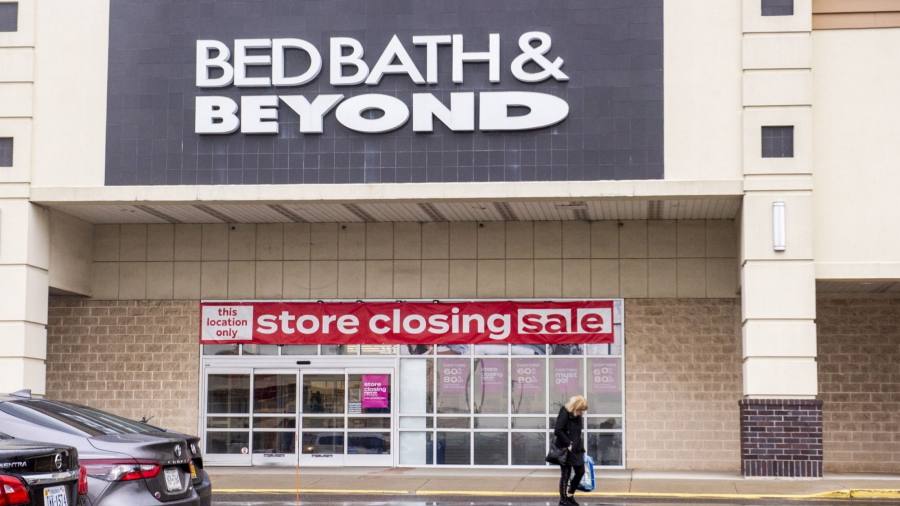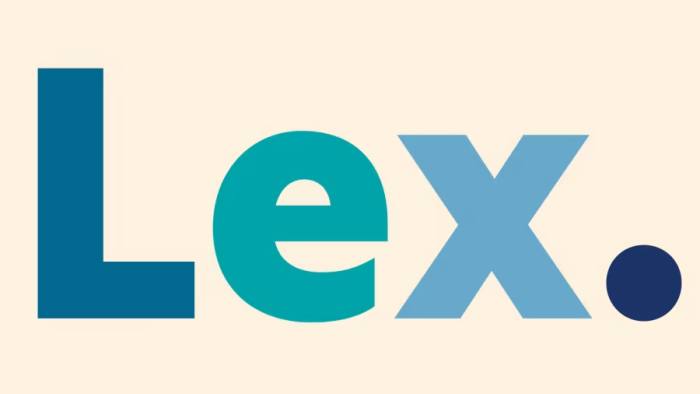
Receive free Overstock.com Inc updates
We’ll send you a myFT Daily Digest email rounding up the latest Overstock.com Inc news every morning.
Overstock.com has flipped its image more than once over the years. From inventory liquidator to crypto play, it has now settled on something a bit more homey. The US furniture retailer in June bought the brand and customer lists of the bankrupt Bed Bath & Beyond for just $21.5mn.
Though it may have shed its roots as a liquidator years ago, its name had stuck. No longer. This week it announced a name change to Bed, Bath and Beyond, a hopeful attempt to capture the brand’s warmer cachet without the complexity of running physical stores.
It will need a bit more than friendlier branding. Prior to taking on the Bed, Bath logo, Overstock was suffering a huge drop in business. Consumers had decided they preferred purchasing experiences instead of goods. Overstock has cited the Taylor Swift concert tour as an example of this shift in preferences.
In the first six months of the year, Overstock revenue fell a quarter, compared to 2022. A company update said that revenue between July 1 and early September was still declining at a pace in the “mid-teens”, though the number of orders was starting to grow. Overstock shares dropped by five per cent on Thursday and have nearly halved since early August.
The Bed Bath & Beyond reboot is a clever gambit. But merging two distinct merchandise themes, during a challenging period for consumer spending, risks leaving everyone unhappy.
Overstock is perhaps best known for its maverick former chief executive, Patrick Byrne. Byrne spoke often about conspiracy theories, pivoted the Overstock into crypto and then resigned in 2019 after he admitted to an affair with a Russian agent.
Overstock’s crypto and blockchain segment is now listed within equity investments on its balance sheet. But that balance sheet value is volatile, in the first six months of this year it has fallen from around $300mn to just $200mn.
It is easy enough to adopt the brand of one part of the company. The bigger challenge is to integrate the two halves of the business into a coherent whole.

Lex is the FT’s concise daily investment column. Expert writers in four global financial centres provide informed, timely opinions on capital trends and big businesses. Click to explore